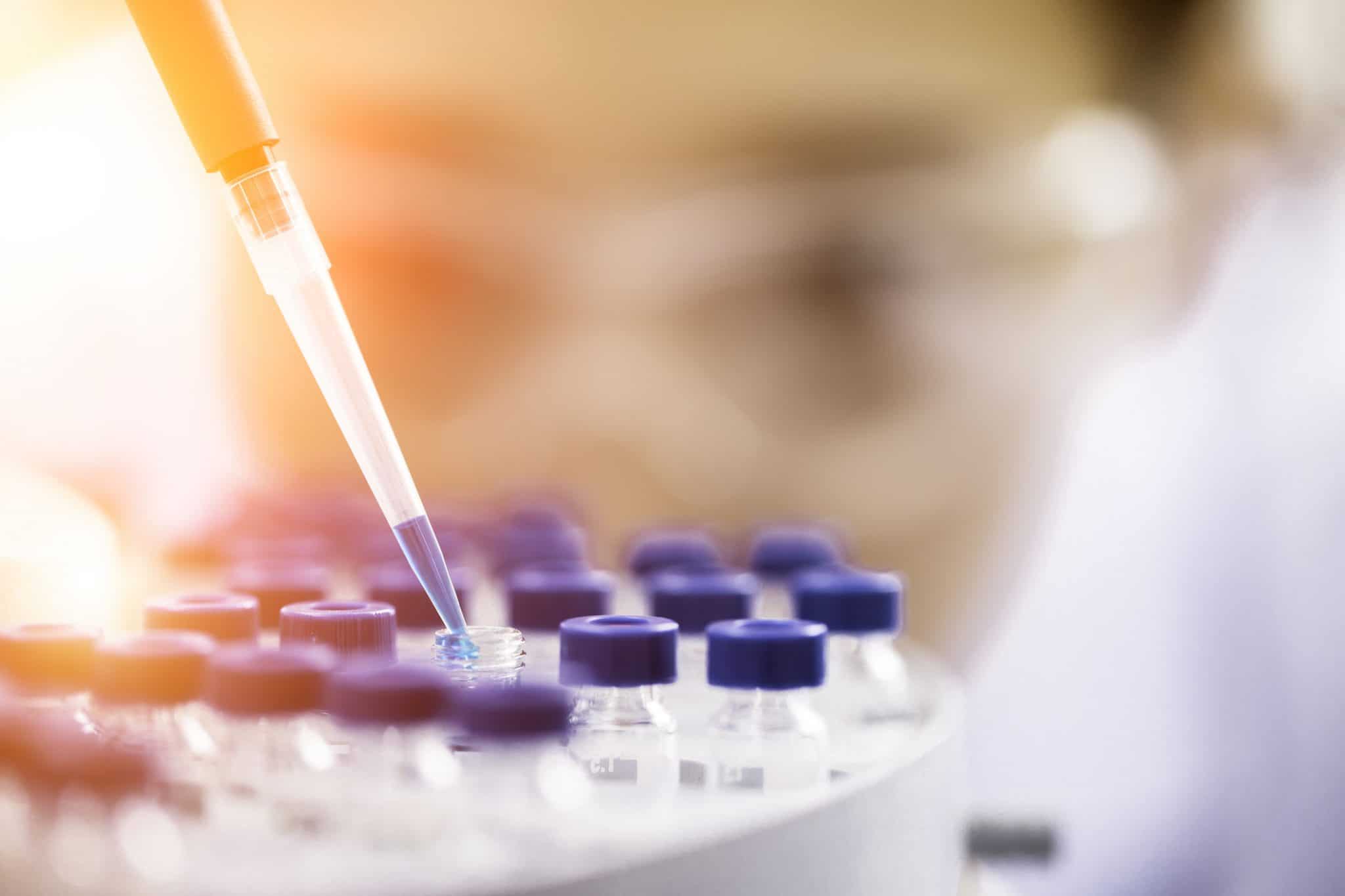It’s no secret that the United States would love to produce more graduates in the hard sciences. As science and technology progresses, it opens up new career opportunities that never existed before, thus making a degree in any science a valuable one. Those with an aptitude for chemistry are open to a unique set of opportunities, and many different fields. In this article, we’ll talk briefly about some different type of chemistry degrees and some possible career opportunities that exist with that discipline, as well as what to expect in college if you are getting a bachelor degree in chemistry.
Types of Chemistry Degrees:
As chemistry advances, several specific concentrations of study have developed, enough to justify a dedicated article in their own right. For these purposes, we’ll focus on the main fields of study in chemistry which are: Analytical, Physical, Biochemistry, Organic and Inorganic.
Analytical Chemistry is the science of determining and quantifying the composition of materials in a mixture. Students who choose this concentration of study often find career opportunities in forensics, or pharmaceuticals. One could also take a degree in analytics to move to research. If the student wanted to pursue a graduate degree in chemistry, then a teaching position would also be possible.
Physical Chemistry is the study of how chemical systems work. It is the study on a molecular and atomic levels. While there are some lab and teaching jobs available to undergraduates, most who follow the field of physical chemistry will take it to the graduate level. From there, physical chemists typically work in research or education.
Biochemistry is the study of the chemical principles of biological systems. Those with a biochemistry degree can move on to nursing school or medical school. Others can do biochemical research. Combined with a business degree, a degree in biochemistry can work great in a pharmaceutical company or any other industry involved in biochemical products.
Organic Chemistry is similar to physical chemistry in that you will be studying molecules – but in this case, you’ll be studying the molecules of living things. Organic chemistry has a lot of opportunity in research and business, helping to develop and manufacture plastics, drugs, flavorings, fragrances, preservatives, fertilizers and pesticides.
Inorganic Chemistry technically is chemistry dealing with non-carbon compounds. Students studying inorganic chemistry often work in fields working with polymers, silicones, metals and other inorganic materials. Many others continue to their graduate degree and teach or conduct research.
This is by no means an all-inclusive list of possible careers. Your chemistry degree can help you in many areas, and chemists are found in all industries, and occupying a variety of employment positions.
What to Expect While in School for Chemistry
Any bachelor degree will have a certain number of prerequisite classes, so you can expect to study a variety of subjects such as English, and history. However, the focus of your degree will have you taking some very intense math and science courses. Expect to take some basic overview classes on chemistry your first year, and then more intense classes relating to your particular focus in proceeding years. Chemistry majors will have a lot of lab work, so expect to be spending a large portion of your time in the lab, especially after your first year.
It is important to be ready for a change in the speed and difficulty level of your classes. When compared with high school, many students find that their classes move along more quickly and are much more difficult than high school classes, even if you took AP courses in high school. The key is to stay engage, make sure you don’t miss a class, and if you find you are falling behind or don’t understand any topic, get help from a tutor or professor sooner, rather than later. As the class progresses, it will become more difficult to catch up. For many, the first year of college is a transition time, where they become accustomed to the new pace and rigor of college. Things become a little easier as you develop new habits and grow to understand new expectations.
RELATED: The Advantages of Majoring in Chemistry
More Degrees in Chemistry:
Associate Degrees in Chemistry / Bachelor’s Degrees in Chemistry



